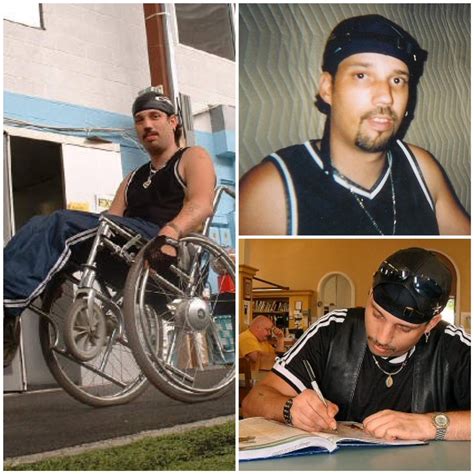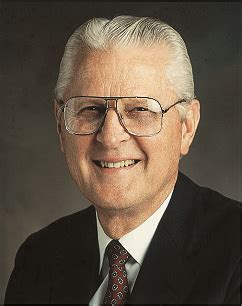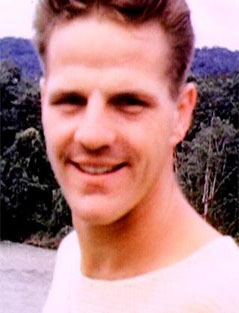A Quote by Robert M. Hensel
I can not, and will not judge, by what my eyes may see. For the skin on a man shall not reveal his true identity.
Related Quotes
Some people have the coldest smiles, but have the tenderest hearts. And many have the most tender smiles, but carry the coldest hearts. You cannot judge a man by his smile, but you CAN judge a man by his heart. The smallest actions reveal the most about a hearts true color, so pay attention to them. Actions are the true words of the heart.
No person shall be restrained of his liberty but by regular process from a court of justice, authorized by a general law. . . . On complaint of an unlawful imprisonment to any judge whatsoever, he shall have the prisoner immediately brought before him and shall discharge him if his imprisonment be unlawful. The officer in whose custody the prisoner is shall obey the order of the judge, and both judge and officer shall be responsible civilly and criminally for a failure of duty herein.
We have been told mankind will be judged on the intent of the heart. No mortal can see into the depth of another. There is only One who can. His is the role of a judge-not ours. If you are prone to criticize or judge, remember, we never see the target a man aims at in life. We see only what he hits.
No two men see the world exactly alike, and different temperaments will apply in different ways a principle that they both acknowledge. The same man will, indeed, often see and judge the same things differently on different occasions: early convictions must give way to more mature ones. Nevertheless, may not the opinions that a man holds and expresses withstand all trials, if he only remains true to himself and others?
We are in the society of the teacher-judge, the doctor-judge, the educator-judge, the 'social-worker'-judge; it is on them that the universal reign of the normative is based; and each individual, wherever he may find himself, subjects to it his body, his gestures, his behavior, his aptitudes, his achievements.
IF WE AND OUR POSTERITY SHALL BE TRUE TO THE CHRISTIAN RELIGION, IF WE AND THEY SHALL LIVE ALWAYS IN THE FEAR OF GOD AND SHALL RESPECT HIS COMMANDMENTS, IF WE AND THEY SHALL MAINTAIN JUST MORAL SENTIMENTS AND SUCH CONSCIENTIOUS CONVICTIONS OF DUTY AS SHALL CONTROL THE HEART AND LIFE, WE MAY HAVE THE HIGHEST HOPES OF THE FUTURE FORTUNES OF OUR COUNTRY. OUR COUNTRY WILL GO ON PROSPERING.
Criticism has plucked the imaginary flowers on the chain not in order that man shall continue to bear that chain without fantasy or consolation, but so that he shall throw off the chain and pluck the living flower. The criticism of religion disillusions man, so that he will think, act, and fashion his reality like a man who has discarded his illusions and regained his senses, so that he will move around himself as his own true Sun. Religion is only the illusory Sun which revolves around man as long as he does not revolve around himself.
No man could bring himself to reveal his true character, and, above all, his true limitations as a citizen and a Christian, his true meannesses, his true imbecilities, to his friends, or even to his wife. Honest autobiography is therefore a contradiction in terms: the moment a man considers himself, even in petto, he tries to gild and fresco himself. Thus a man's wife, however realistic her view of him, always flatters him in the end, for the worst she sees in him is appreciably better, by the time she sees it, than what is actually there.
Oh, the fullness, pleasure, sheer excitement of knowing God on Earth! I care not if I never raise my voice again for Him, if only I may love Him, please Him. Mayhap in mercy He shall give me a host of children that I may lead them through the vast star fields to explore His delicacies whose finger ends set them to burning. But if not, if only I may see Him, touch His garments, smile into His eyes - ah then, not stars nor children shall matter, only Himself.
































